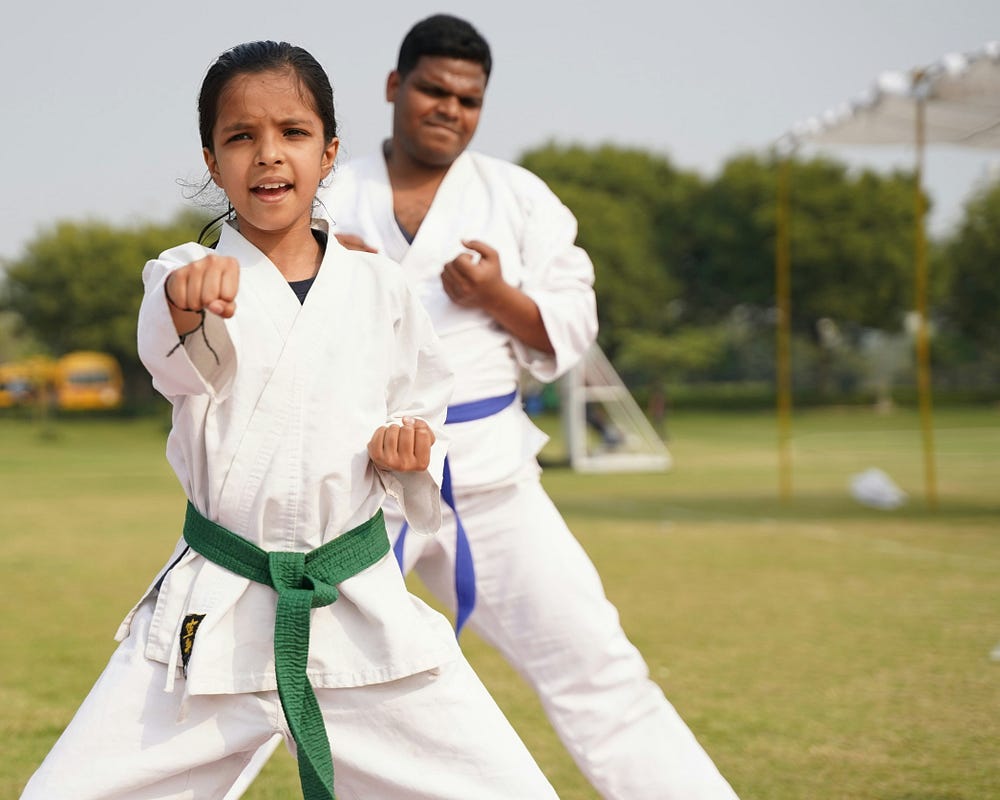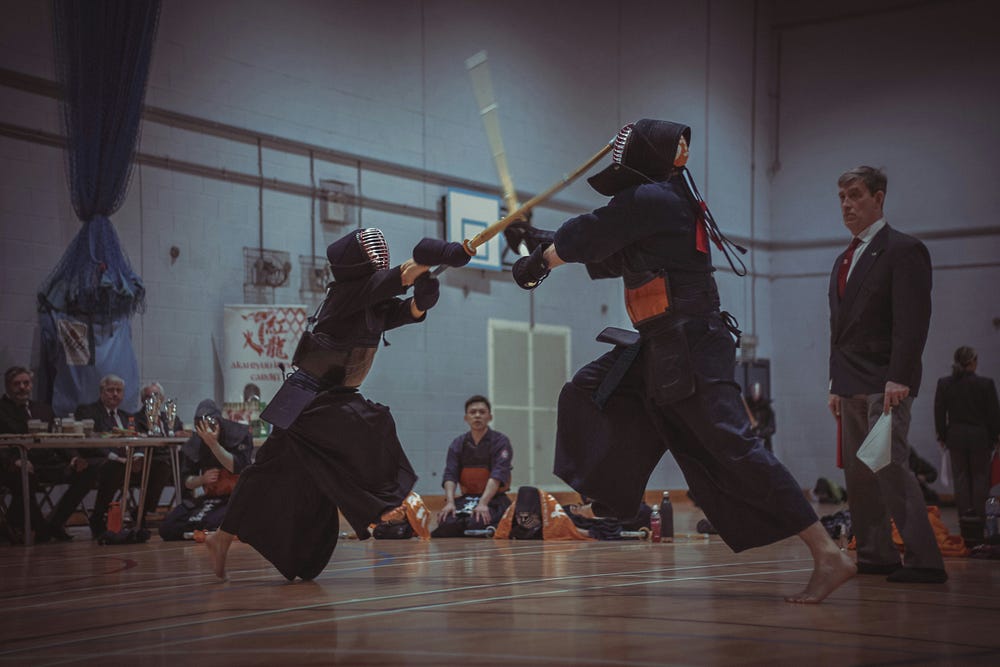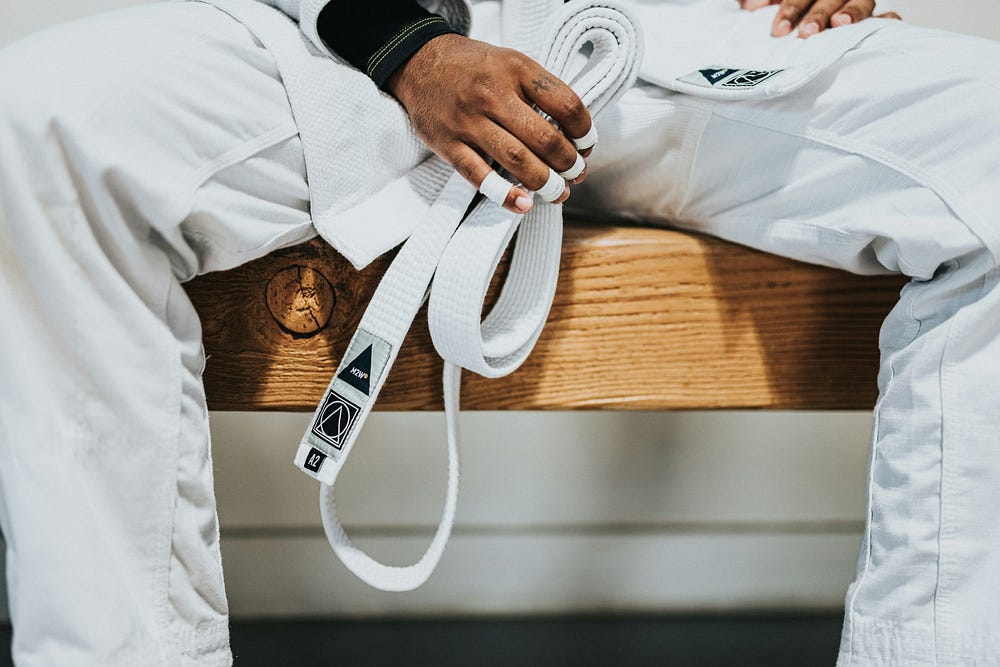Making Self-Defence a Mandatory Subject in Schools: A Call for National Safety
Aqib Ul Ahad Wani (Author), Younus M Bhat (Editor)
In the increasingly growing uncertain world, where everyone fears to live a moment safely from the random goons out there. The importance of self-defence cannot be overstated — especially in countries like India, where gender violence is alarmingly prevalent. Self-defence is not just a personal skill, but a social responsibility. By investing in our safety and well-being, we can contribute to a safer and more just world for everyone.

Women, often labelled as the “weaker sex,” are disproportionately targeted in such acts of violence. However, the imperative for self-defence extends beyond protecting women; it is crucial for the safety of all individuals, regardless of gender.
The Rising Need for Self-Defence
India, with its rising incidents of gender-based violence — many of which go unreported — faces a dire need for widespread self-defence education. Women in India are frequently victims of heinous crimes, including rape, molestation, kidnapping, murder, acid attacks, eve teasing, sex trafficking, and more. Likewise, children, both boys and girls, are vulnerable to abuse and trafficking, presenting a grave concern that affects the core of our society.

However, living in fear and limiting our lives is not a viable solution. Everyone needs to be equipped with the knowledge and skills to defend themselves in potentially harmful situations. Self-defence training offers a proactive approach to personal safety, empowering individuals to protect themselves and aid others during crises.
Advocating for Systemic Change
Given the critical nature of these issues, I propose that self-defence be made a compulsory subject in schools across India. This initiative should begin early — from the first standard through at least the eighth standard — integrating self-defence into the regular curriculum.

By doing so, we can ensure that from a young age, children develop the physical and mental resilience required to navigate and respond to threats effectively.
Implementing the Program
The implementation of this program could involve collaboration with experienced personnel from the military forces, leveraging their expertise to train young students.

Importantly, this training should be provided free of charge in both private and public schools to ensure that children from all socioeconomic backgrounds have equal access to these life-saving skills.
Curriculum Design
The self-defence curriculum should include a range of techniques suitable for children and young adults, including judo, karate, martial arts, and basic defensive manoeuvres.

Starting this training early is advantageous, as younger bodies are generally more adaptable to learning new physical skills. Furthermore, the training environment must foster discipline and motivation, encouraging students to engage seriously with the lessons and understand their value.
Teacher and Trainer Roles
Instructors should be well-trained and disciplined, not only in self-defence techniques but also in educational methods that cater to young learners. It is crucial that these trainers can motivate and effectively teach children of different ages and abilities, ensuring that every student learns these essential skills comprehensively.
Broader Implications
By institutionalizing self-defence education, schools can provide students with more than just the ability to physically defend themselves; they can foster confidence, situational awareness, and the mental agility to handle emergencies. These skills are invaluable, extending beyond personal safety to influence students’ overall well-being and outlook on life.

Furthermore, having self-defence skills can have a ripple effect throughout communities. Individuals trained in self-defence can pass on their knowledge to family members and peers, gradually creating a more aware and prepared society.
A Call to Action
I urge the Ministry of Human Resource Development to recognize the urgency of integrating self-defence into the educational framework. Such a move would not only protect our children and youth but also contribute significantly to the creation of a safer, more resilient society.
By making self-defence a compulsory subject in schools, India can take a significant step toward addressing the vulnerabilities that lead to violence and abuse. It is a proactive measure that promises not just immediate benefits but a lasting impact, cultivating generations of Indians who are equipped to protect themselves and contribute positively to their communities.

As I forward this proposal to the Ministry of Human Resource Development (MHRD), it is with the hope that it will be received as not just a necessary adjustment to our educational policies but as a fundamental shift towards ensuring the safety and empowerment of all citizens. This initiative can serve as a cornerstone for building a stronger, safer India, where every individual has the tools to defend themselves and the confidence to thrive in the face of adversity. I hope my suggestions will be viewed in a positive light.
Note: (The Author is an advocate and social activist, views expressed are exclusively his own and can be reached at waniaquib08@gmail.com).





